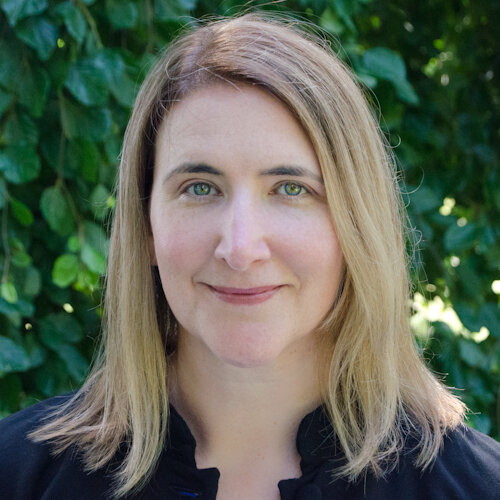What we do
We are a collaborative network of social scientists with expertise in the social elements of hazards and disasters. Our mission is to put disaster science to work by helping communities and organizations prepare for, withstand, and recover from the impacts of disasters through partnered approaches that build on existing strengths while adding value through evidence-based practices.
We Translate
Research on the social causes and consequences of disasters has flourished in recent decades in ways that transcend academic boundaries. Yet despite these advancements, communities, emergency managers, and policy makers often struggle to access the information they need. We address this disconnect by translating between research and practice.
We Evaluate
We provide utilization-focused program evaluations that strengthen organizational resilience and enhance the impact of disaster related services. We specialize in approaches that promote social equity and generate community-based, culturally-responsive solutions.
We research
We conduct cutting-edge empirical studies that advance hazards science. We specialize in qualitative, mixed-methods, and participatory research, and work with our clients from study design and implementation through data analysis and the presentation and application of findings.
We implement
We're not just another academic research institution. We are a collaborative network of experts in the human dimensions of disasters who work directly with end-users. We work with a range of stakeholders, from traditional research institutions, to non-profit and philanthropic organizations, to government agencies.
Our Team
Nnenia Campbell, PhD
Nnenia Campbell is Co-founder of the Collaborative for the Social Dimensions of Disasters, Deputy Director of the Bill Anderson Fund, and a research associate at the Natural Hazards Center. She holds BA and MA degrees in sociology from the University of Central Florida and a PhD in sociology from the University of Colorado Boulder. Her role with the BAF supports historically underrepresented minorities pursuing doctoral degrees in fields related to hazards and disaster research and practice. Her research centers on the intersections between social vulnerability and resilience, particularly among marginalized communities, as well as the role that community-based organizations play in supporting disaster response and recovery. Dr. Campbell’s recent projects translate empirical research into practical resources designed for practitioners and decision-makers. She is also collaborating on studies related to disaster planning and response among food banks and other community-based organizations, the design of risk communication products, and the impacts of the COVID-19 pandemic on youth and older adults.
Sherri Brokopp Binder, PhD
Dr. Sherri Brokopp Binder is President of BrokoppBinder Research & Consulting, a research and evaluation consulting firm located in Allentown, Pennsylvania. Trained as a cultural and community psychologist, Dr. Binder’s work spans the academic, non-profit, and public sectors. Her previous projects have included mixed-method studies of community response and recovery following Hurricane Sandy, the 2013 Moore, Oklahoma tornadoes, and the 2009 South Pacific tsunami. She has conducted studies and evaluations for several national organizations, including the Natural Resources Defense Council, the National Institutes of Health, and the Society for Community Research and Action. Binder currently serves as Co-Principal Investigator on a National Science Foundation funded study of the impacts of post-disaster home buyout programs on affected households and communities and as Principal Investigator on a study of the role of local buyout implementing agencies in the design and management of home buyout programs in Harris County, Texas.
Sue Ann Corell Sarpy, PhD
Sue Ann Corell Sarpy, M.S., Ph.D., is an Industrial/Organizational Psychologist with over 20 years of experience in a variety of academic and applied settings. Her work history combines theory, practice, and administration of organizational development in both government and business. Dr. Sarpy has served as principal scientist and lead evaluator on several interdisciplinary teams examining effectiveness and impact of various interventions including public health workforce development, leadership and executive development, occupational health and safety, emergency preparedness and response, worker resiliency, and community citizen science training. Most recently, Dr. Sarpy was appointed to the National Institute of Environmental Health Sciences/National Institutes of Health Evaluation and Data Advisory Board for the Corona Virus Response Training for Essential Workers. She is Co-Chair of the Disaster and Emergency Management Evaluation and Program Chair of the Leadership and Organizational Performance committees of the American Evaluation Association.
Our Organization
We are a 501(c)(3) designated non-profit organization based in Seattle, Washington, with members of our team located throughout the U.S. We are experts in research and evaluation in areas including:
Climate adaptation
Disaster impacts and resilience among vulnerable populations
Relocation and housing recovery
Social responses to technological disasters
Disaster response within community-based organizations
Household and community resilience
Training and development
Performance assessment and management systems
Social network analysis
Organizational effectiveness
Contact Us







